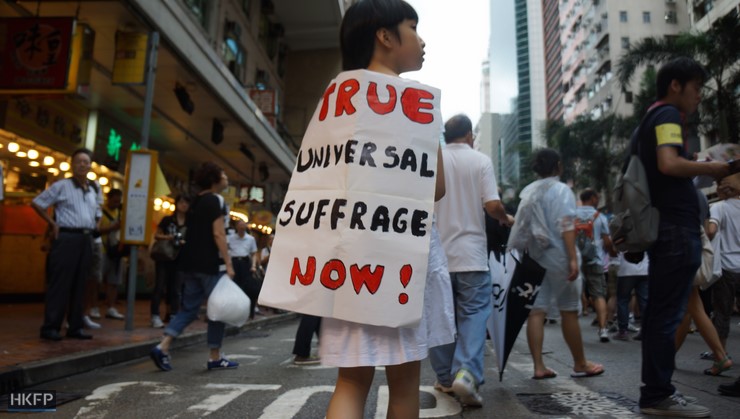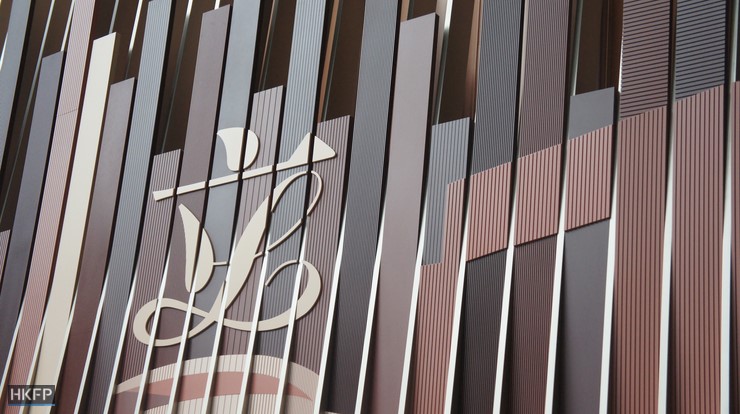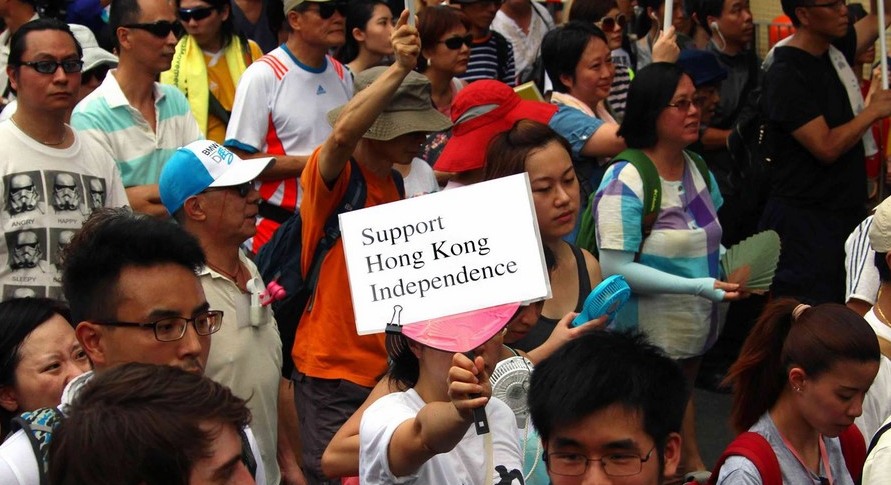The second installment of our Legislative Council (Legco) election series takes us to Kowloon East, where three candidates I have selected from the opposition camp are given an opportunity to make their case to you by answering our five questions.
See also:

Coincidentally, my top picks in Kowloon East all share the same last name: Tam (none of them is related to each other). They are Frontier’s Mandy Tam Heung-man (candidate #4), Civic Party’s Jeremy Tam Man Ho (candidate #9) and People Power’s “Fast Beat” Tam Tak Chi (candidate #12).
Question 1: Beyond rhetoric and slogans, what concrete action or achievements can you point to that distinguish you from other candidates?
Mandy: I’ve been doing district work in Kowloon East for over 20 years – that’s not a claim that many of my opponents can make. Furthermore, I was a Legco member between 2004 and 2008, which has given me valuable experience working with other lawmakers and understanding the ins and outs of the legislative process.

Jeremy: My background is transport engineering, an area in which the current Legco lacks expertise. I also have ample district work experience, having assisted residents in Laguna City [a large-scale residential development in Kwun Tong] in thwarting a proposal to build a hotel on Cha Kwo Ling Road, which effort prevented a huge loss of public space.
In the past year, I’ve devoted much of my time to the so-called “Bag-gate” incident [in which C.Y. Leung was accused of using his position as chief executive to let his daughter bypass airport security]. I organized a petition to collect nearly 36,000 signatures from concerned citizens. I even flew to Bangkok to submit a complaint letter to the regional office of the International Civil Aviation Organization. I believe Legco needs new blood like myself who can work effectively both within and without the legislature.
Fast Beat: I’m a fighter who believes in active resistance. I can think outside the box and will exhaust every possible procedural means in the Legco rulebook to raise our government’s political cost and hold them accountable. I believe that’s the only way they would back down and make compromises.
Question 2: If you win, what issue(s) will you put at the top of your agenda and why?
Mandy: The two items that top my agenda are genuine universal suffrage with civil nomination [the proposal to allow individual citizens to nominate candidates in the chief executive election] and better retirement protection.

On the second issue, I’ll push the government to raise the amount of fruit money [old age allowance] to $3,500 a month [from the current level of $1,290] without requiring a means test. Our elderly have worked their whole life for Hong Kong and it’s time we showed them some respect by providing a reasonable pension.
Jeremy: I support the use of Legco’s Powers and Privileges Ordinance to look into the recent series of management reshuffles at the Independent Commission Against Corruption (ICAC), and determine whether it was the handy work of certain Beijing loyalists. The ICAC is a source of pride for Hong Kongers and probity has long been a cornerstone in our society. We won’t allow it to be destroyed by individuals who put themselves above the law.
Fast Beat: My focus will be universal suffrage. I’ll push for a reboot of the failed electoral reform in 2015. I see that as the only effective way to protect our city and safeguard our civil liberties. It’s also the only way to achieve true autonomy.
Question 3: Our legislative process is plagued with the stubborn existence of the functional constituency seats and unfair rules such as the “separate vote count” mechanism. When the system is so heavily stacked against the opposition, what will you do differently and what are you prepared to do that your predecessors haven’t already tried?
Mandy: I admit it’s very difficult for us to change the separate vote count and other unfair Legco rules. One possible solution is to put more pan-democrats in the functional constituencies to garner enough votes in the legislature to abolish those seats.

Jeremy: I believe every bill that comes through Legco should be carefully reviewed and sufficiently debated. In recent years, the government has been ramming controversial policies and funding requests through the legislature with increasing impunity. In response, I’m prepared to use all non-violent means, including filibusters, to resist bad legislation. At the same time, I’ll work outside Legco to garner public support for these efforts.
Fast Beat: I firmly believe in active resistance. Over the past four years, my People Power colleagues have been effective in reining in the government using various procedural tactics.
We could have been even more effective if there were more of us. What we need is a handful more lawmakers from People Power and the League of Social Democrats working in Legco to strengthen our voice and put more pressure on our government.
Question 4: What is your stance on independence? Do you either condemn or support the movement?
Mandy: I don’t support the independence movement. I’m not convinced that it’s the right thing to do at the moment.
Jeremy: I personally don’t support the independence movement, but I strongly believe that Hong Kongers should have a say in determining our fate beyond 2047 [when the one country, two systems policy ends].

Fast Beat: My People Power colleagues and I want true autonomy for Hong Kong – we can have something akin to the Tibetan government in exile. To achieve that, we have come up with a half-dozen proposed amendments to the Basic Law.
I don’t know whether the Basic Law would survive after 2047. I believe it’s pointless, even unethical, to negotiate our future with the autocratic regime in China. If the Soviet Bloc could collapse overnight, and if the Berlin Wall could come down in an instant, then why can’t the Chinese Communist Party?
Question 5: If you had to choose the next chief executive from the pro-Beijing camp, whom would you pick and why?
Mandy: I won’t choose anyone from the pro-Beijing camp, and I refuse to participate in an election with predetermined candidates. As I mentioned earlier, the only form of chief executive election I’ll accept is one that involves some form of civil nomination.

Jeremy: I’ll only vote for someone who supports a truly democratic election without any pre-screening and rejects the 8/31 framework [an announcement concerning the 2017 chief executive election issued by the Standing Committee of the National People’s Congress on August 31st, 2014, that rejected, among other things, civil nomination].
Fast Beat: I won’t endorse or vote for any candidate in a “small circle” election [at present, only members of an exclusive election committee have the right to select the chief executive]. I simply won’t accept any form of chief executive election without one person, one vote or civil nomination.
Other top-of-the-ticket Legco candidates in the Kowloon East geographical constituency include Wong Kwok-kin, Wu Sui-shan, Patrick Ko Tat-pun, Paul Tse Wai-chun, Wilson Or Chong-shing, Lui Wing-kei, Wu Chi-wai, Wong Yeung-tat and Chan Chak-to.
